BlackPressUSA
By Khalil Thompson, Executive Director, Black Men Engaged

“I don’t want to take the vaccine…it came out too fast.”
“I’ll drink ginger juice and rely on vitamins to increase my immune system naturally.” “I heard the vaccine causes infertility.”
These are just examples of what our organization, Black Men Engaged, is hearing from people in Jacksonville, Florida, and Albany, Georgia—two cities where the coronavirus pandemic has disproportionately impacted African Americans. Two cities where we’re working towards combating covid misinformation.
Research shows that men are more likely to die of Covid-19 and, in particular, Black men aged 35 to 44 are dying at nine times the rate of white men in the same age range. The data suggests that social factors—like occupation, behavioral patterns, and underlying health issues—may play an outsized role in these disparate outcomes.
Early in the pandemic, Albany was a hotspot for the virus in early 2020. A funeral became a superspreader event leading to over 100 hospitalizations and likely 10 deaths. Comments like these beg the question: where do you get information about health and medicine?
While Covid-19 has killed one out of every 800 African Americans, some of our qualitative research and informal anecdotes indicate that there is still a segment of the Black population in Albany and Jacksonville that remains disinterested in getting the Covid-19 vaccine. And the overarching theme from our work is that there’s a lack of true understanding about the nature of the vaccine: how it works and why it works.
This Black History Month, the theme is Black Health and Wellness. Improving the health of the Black community is our core mission. And, it starts with educating our people on the facts.
Mis- and disinformation (false information that’s mistakenly spread and false information that’s spread deliberately to cause harm, respectively) has become rampant in American culture since the rise of social media. It’s up to us to be discerning and to take a hard look at the source of information being supplied.
While it’s common practice to get your news from your social media feeds, as you’re scrolling, I invite readers to look deeper than the headlines. Consider the messenger.
Ask yourself: What are the messenger’s credentials? Does this news outlet report events with a particular spin or bias? We encourage everyone we interact with during the course of our outreach to have an informed conversation about the Covid-19 vaccine with healthcare
providers in their community and think critically about the news that reaches them. Too many lives have been lost to this pandemic and we have to face the reality that co-morbidities in our community often leave us more vulnerable to this illness.
It will take us a generation to truly understand and quantify “Who and What’s Been Lost” as a result of this pandemic, but we know the family member who was absent from the dinner table over the holidays or the loved one lost too soon. The birthdays, the life milestones, the anniversaries that will never be celebrated again. According to the National Institutes of Health, over 140,000 U.S. children lost a caregiver to Covid-19. Disproportionately, this impacted children and families of color.
There’s an old axiom in the Black community: “When America gets a cold, Black people get the flu.” It means that because of the socio-economic challenges and health disparities rooted in racism, Black people are more likely to experience worse health outcomes during a public health crisis than their white counterparts. Thinking about it through the lens of Covid-19, that fact is especially true. Covid-19 continues to disproportionately impact Black people, and in 2020, Covid-19 reduced the overall life expectancy of Black people by a staggering three years.
During this Black History Month, let us all pledge to be the generation to end that axiom, starting by protecting Black people from adverse health effects and death due to Covid-19. Through repeated, face-to-face interactions in the community, Black Men Engaged will continue to be a source of reputable information about the virus as the science continues to evolve. The fight is not over. Let us march on until victory is won.
Khalil Thompson is Executive Director of Black Men Engaged. Black Men Engaged’s sole mission is to meet Black men where they are with vital social programs that focus on issues that affect underserved communities of color. Black Men Engaged has the unique ability to bridge the cultural divide with outside stakeholders and grassroots as well as grasstop leaders in the Black male community. Black Men Engaged is a 501c3 organization.

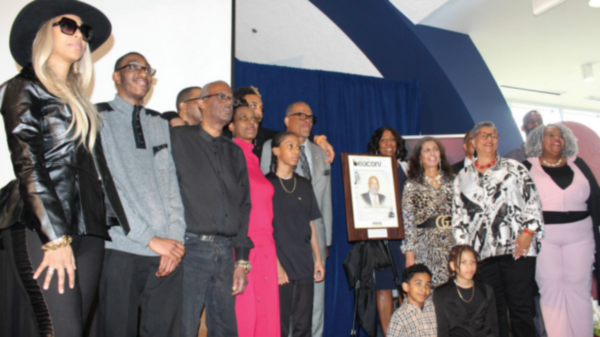

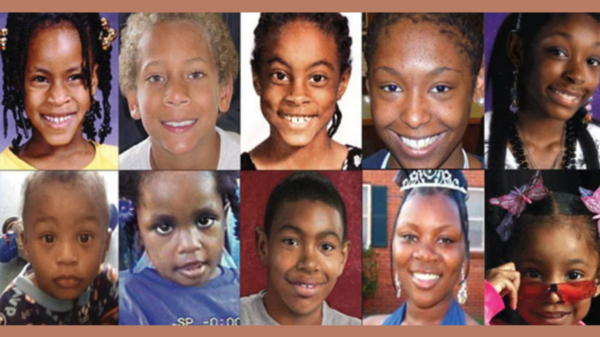

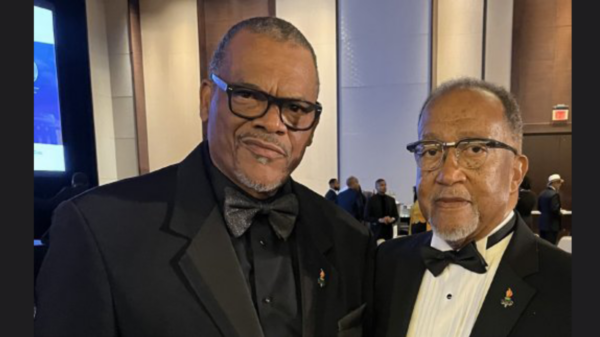
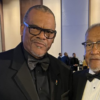
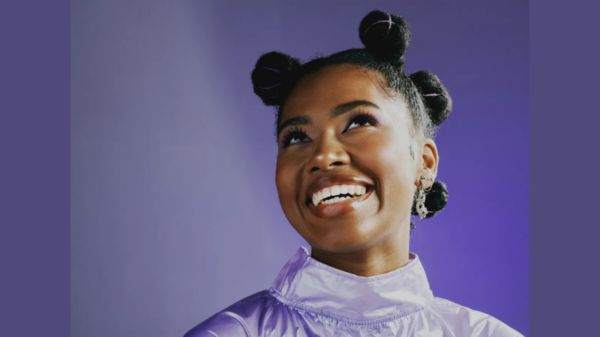

You must be logged in to post a comment Login